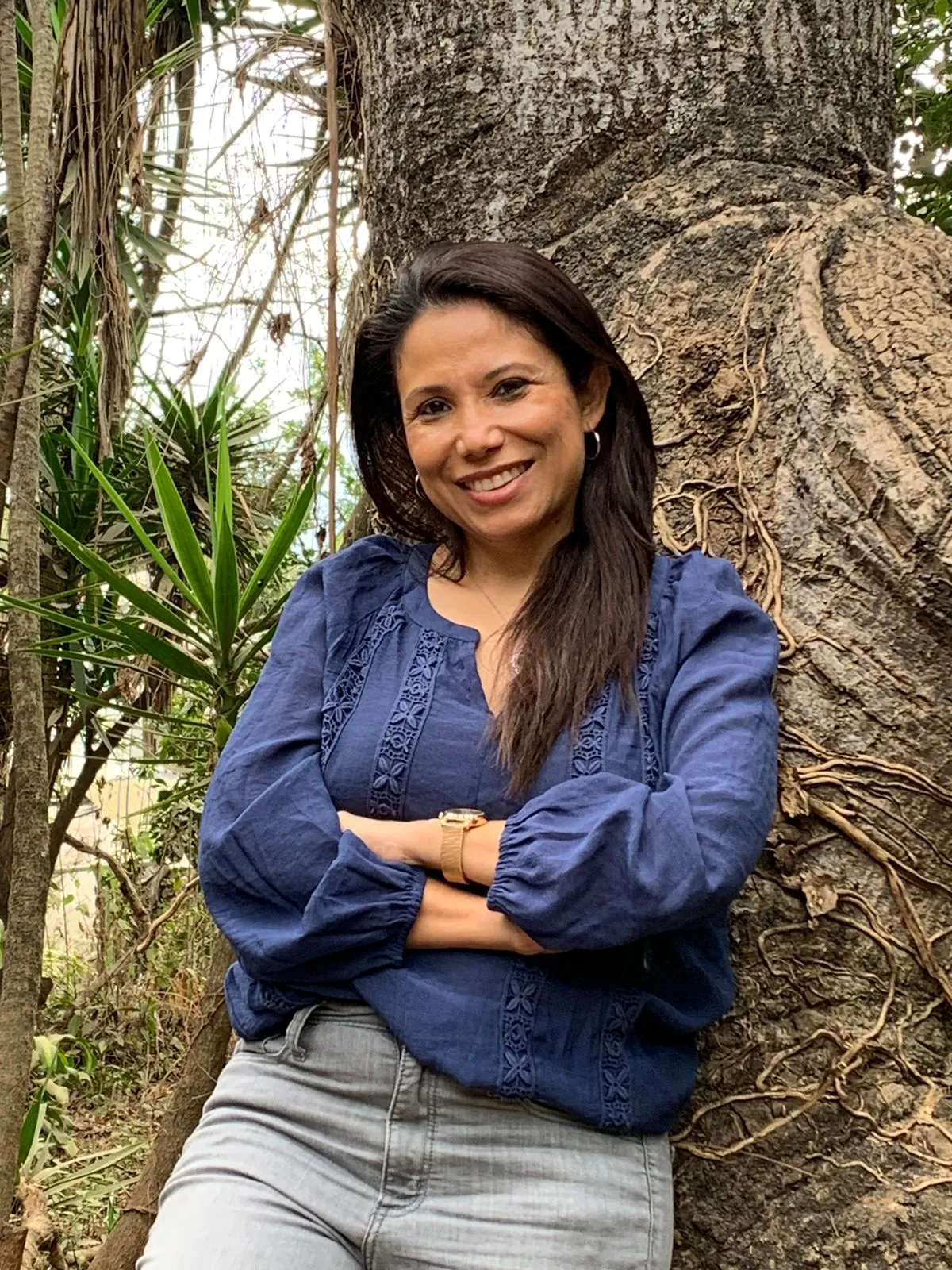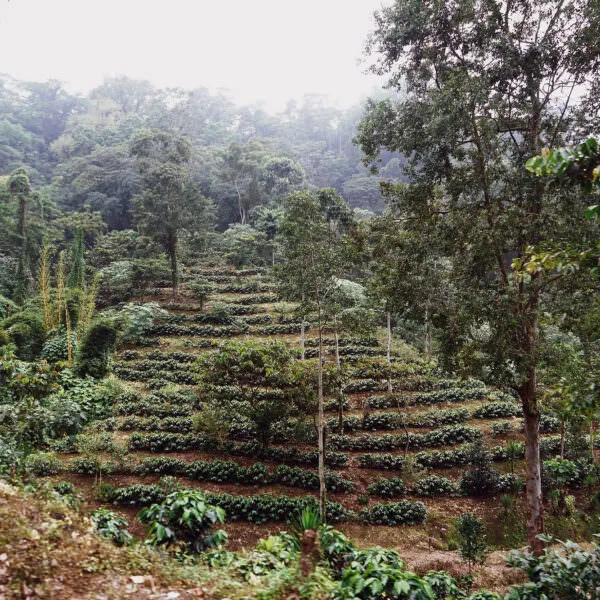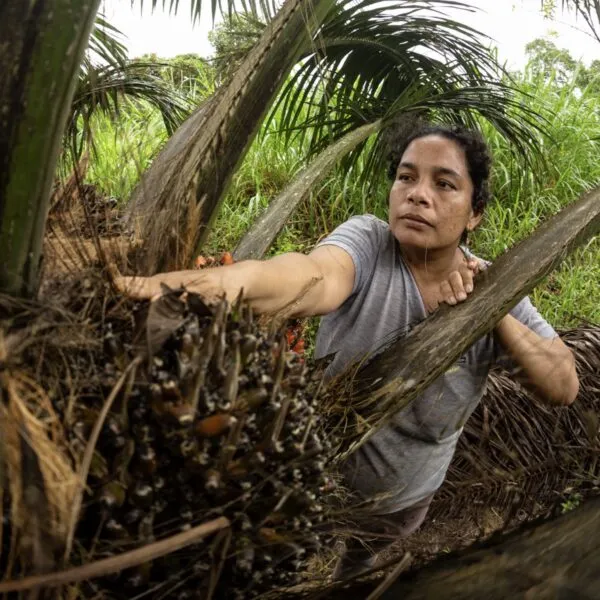Growing up in rural Guatemala, I always knew I was lucky to be able to go to school and focus on my studies—after all, my father had to start working on my grandparents’ farm when he was just seven years old.

Despite his difficult early circumstances, my father managed to get an education, become an agronomist, and spare his own children from working in the fields. But his story is unusual. Poverty is so severe in Guatemala—it has the highest poverty rate in Latin America, with most of the poor living in rural areas—that many farming families must put their children to work just to make ends meet. (In fact, the majority of poor minors work in agriculture, often in our country’s principal export, coffee.) For children like these, getting an education and rising out of poverty, as my father did, remains a distant dream.
Given my family background, I am very passionate about improving the conditions for children and families in agriculture. That’s why I was so pleased when the Rainforest Alliance, where I help manage standards and assurance for Latin America, introduced the assess-and-address approach to child labor in the 2020 Certification Program. Child labor is explicitly prohibited on certified farms, but now farms are also required to set up internal committees to prevent, monitor, and remediate child labor causes—and we support them in doing so.
This is an important advance in certification, but in a country with such deep poverty and such a long tradition of children working alongside their parents in the fields, it is not enough. We need to go beyond certification to create and support other systems that reduce child labor. For this reason, in 2020 the Rainforest Alliance partnered with Funcafé (the social development foundation of the national coffee association, Anacafé), on scaling up the reach of their innovative child labor prevention programs, Coffee Kindergartens and Coffee Camps.
Sign up for useful tips to green your life and protect our planet.
Funcafé initially created these programs for the children of temporary workers, recognizing that because the coffee harvest coincides with kids’ school vacations, and parents have nowhere to leave their children, kids are more likely to end up in the field helping to pick coffee cherries. So Funcafé launched Coffee Kindergartens for children ages four to six in 2010, and Coffee Camps for kids seven to 13 in 2015, using Guatemala’s Ministry of Education methodology. During the harvest, children learn and have fun, and importantly—since Guatemala has the highest chronic malnutrition rate in Latin America— they receive a healthy meal.

Scaling up an effective child-labor prevention model
In 2020, the Rainforest Alliance joined forces with Funcafé to create an accessible, concrete way of replicating this model on farms all over the country. Together we created an extensive guide to provide farms with step-by-step instructions on how to set up their own Coffee Kindergartens and Camps (collectively called Child Labor Prevention Centers). We translated this guide into local languages such as Mam, Q’eqchi, and Tz’utujil and made it available to all farms, not just certified farms.
Because many of the poorest agricultural workers did not attend school themselves, and because putting children to work is a longstanding practice in many of these communities, parents sometimes do not see the value of sending their children to school at all. We therefore executed a large-scale campaign to raise parents’ awareness of the benefits of keeping children in school, distributing posters in local languages in schools and on farms. We also created short videos and radio spots explaining the laws on child labor. It is legal, for instance, for a child 15 and older to work, as long as work doesn’t interfere with schooling, health, or safety; a child in this age group can only work a limited number of hours, even during school vacations. There are jobs that are simply not allowed, like carrying heavy loads, pesticides, and operating machinery.
A brighter future for the children of coffee workers
I am proud of the work we’ve done to make these Child Labor Prevention Centers replicable in coffee landscapes in Guatemala: During the 2021-2022 coffee harvest, 82 centers are serving 1,716 children, thereby keeping them from working. But of course, establishing and running these centers is not free. The Rainforest Alliance believes that the cost of sustainability—and for us, sustainability includes the well-being of farmers, farmworkers, and their families—should not fall on farmers and producers’ shoulders alone. That’s why our supply chain certification now requires buyers to make a cash or in-kind investment to help with sustainability costs. And now that we have done this work with Funcafé, coffee producers can include the cost of Child Labor Prevention Centers in their plans with buyers, and buyers can see exactly what their investment is paying for: a way to let these children play and learn during the coffee harvest, and to give them a chance at a brighter future.



